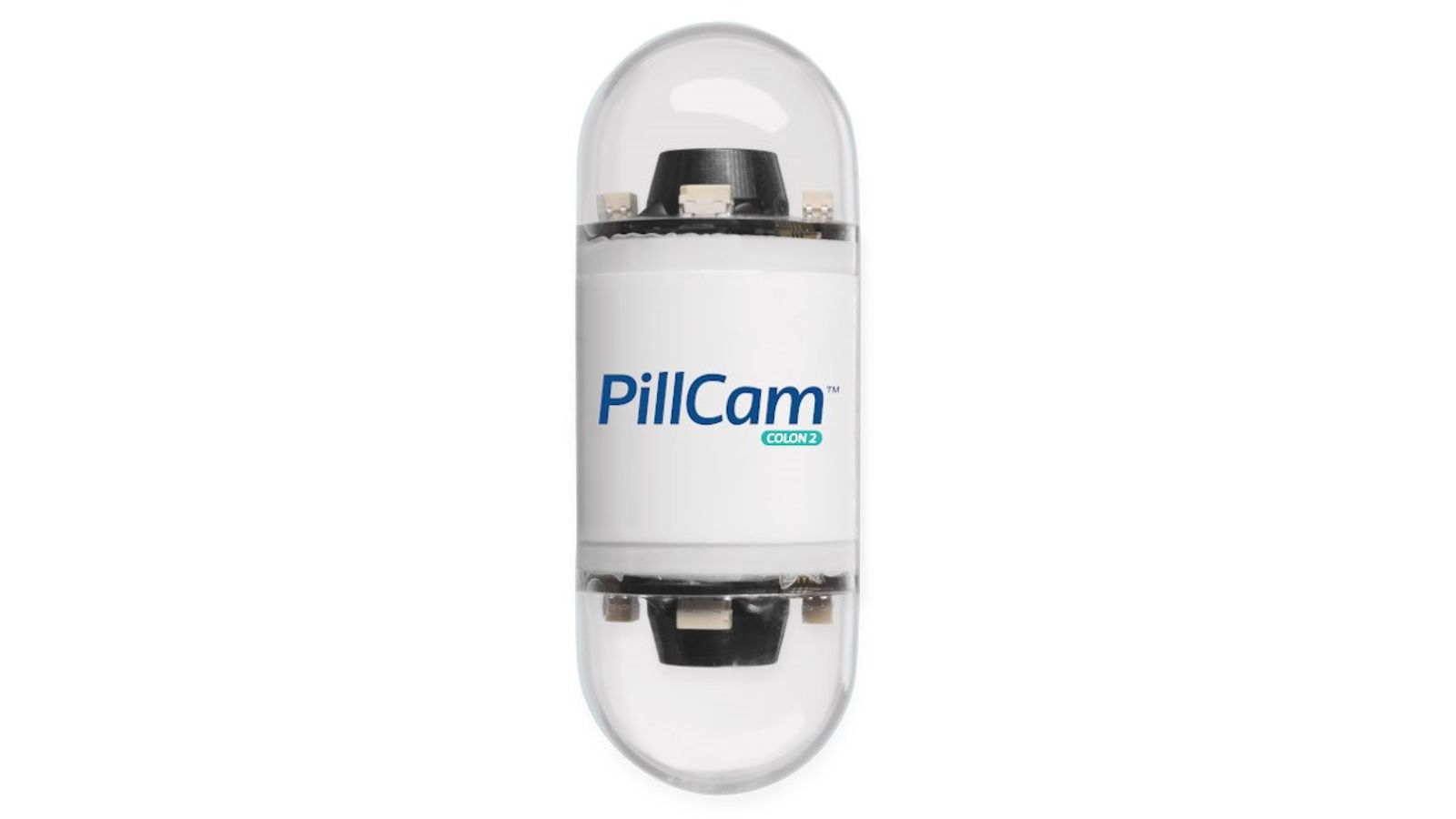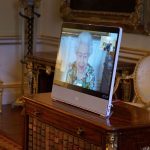Tiny cameras that are small enough to be swallowed and can film tumours in the gut are being trialled in the fight against cancer.
Called PillCams, they’re encased in a capsule to make them easier to ingest, and it is hoped they can replace more invasive methods of screening.
Around 11,000 patients across England will take part in the initial trial in more than 40 areas of the country.
Professor Peter Johnson, the NHS clinical director for cancer, hopes the new technology will save lives.
“Every year in England, we diagnose around 42,000 people with bowel cancer, that’s more than 100 people a day. We think that this camera test might be a better option than waiting for a normal colonoscopy,” said Professor Johnson.
The capsule camera allows doctors to look for early cases of bowel cancer without carrying out invasive and uncomfortable hospital procedures involving tubes.
The cameras take two pictures per second as the capsule travels through the digestive system. The images are then stored in a data recorder that the patient carries around in a bag.
The procedure can also screen for conditions like Crohn’s disease.
Maryam Rad put off having a doctor examine her for two years, despite suffering from stomach pains and acid reflux and worrying it was a sign of cancer. She had previously had an endoscopy, where a tube with a camera was inserted into her throat.
She said: “The feeling of gagging is just really horrible. It’s not a very good experience to be honest with you.”
The capsule camera was a game changer for Ms Rad.
“The whole process was so smooth and so comfortable; it was literally pain free.”
Ms Rad was extremely relieved to learn that she didn’t have cancer, but so many people are not as lucky.
Around 16,600 people die from bowel cancer in the UK every year, according to Cancer Research UK.
Early diagnosis is key to survival.
“We know that there are people out there, they may well have early symptoms, aches and pains bloating in the stomach blood in their poo, and they haven’t come forward,” says Professor Johnson.
Waiting lists for colonoscopy procedures are long. But this new technology allows patients to take charge of their screening from home, taking some pressure off an NHS that’s been stretched to breaking point.
These miniscule cameras could help to reduce wait times and catch cancers early when they are easier to treat.






















